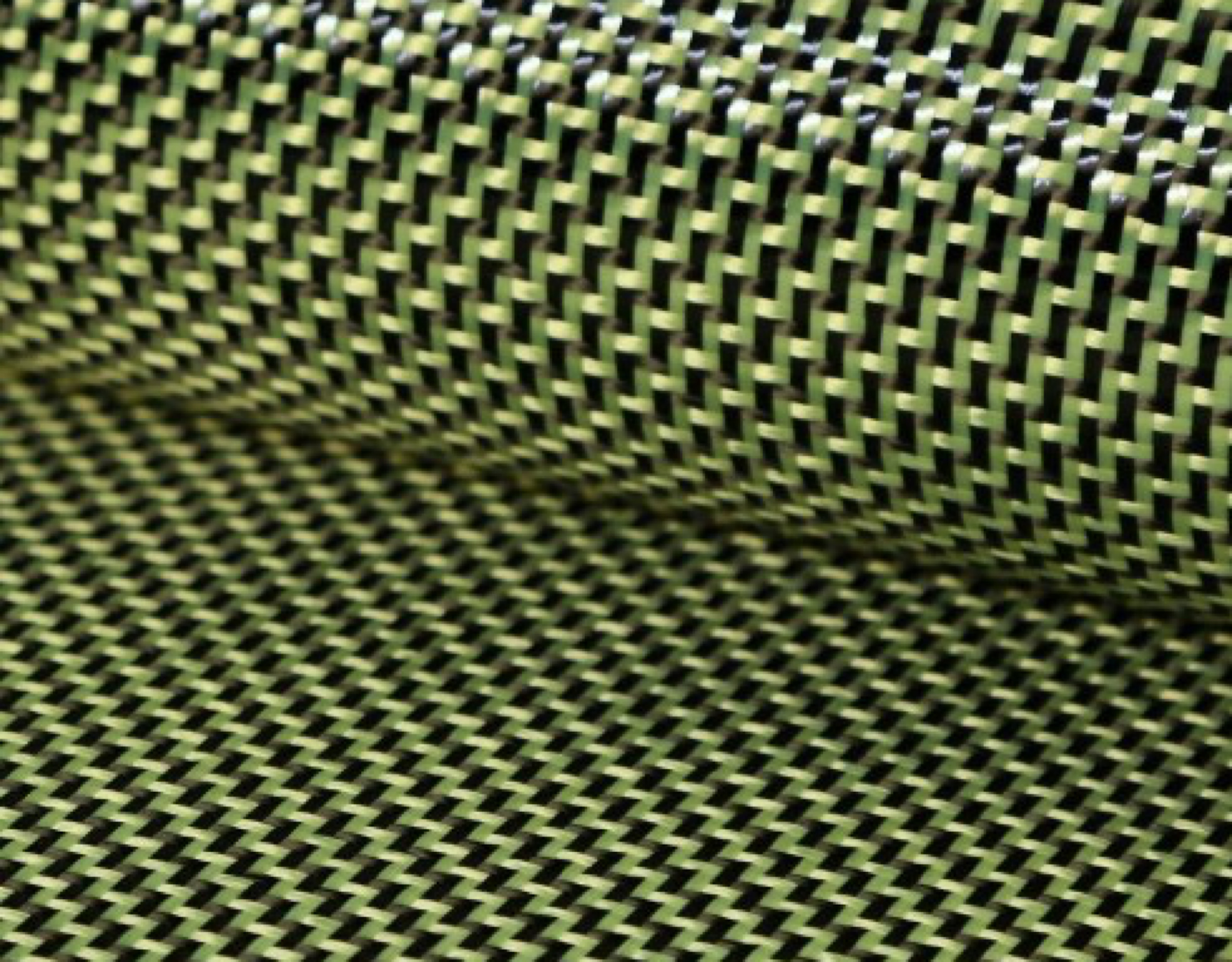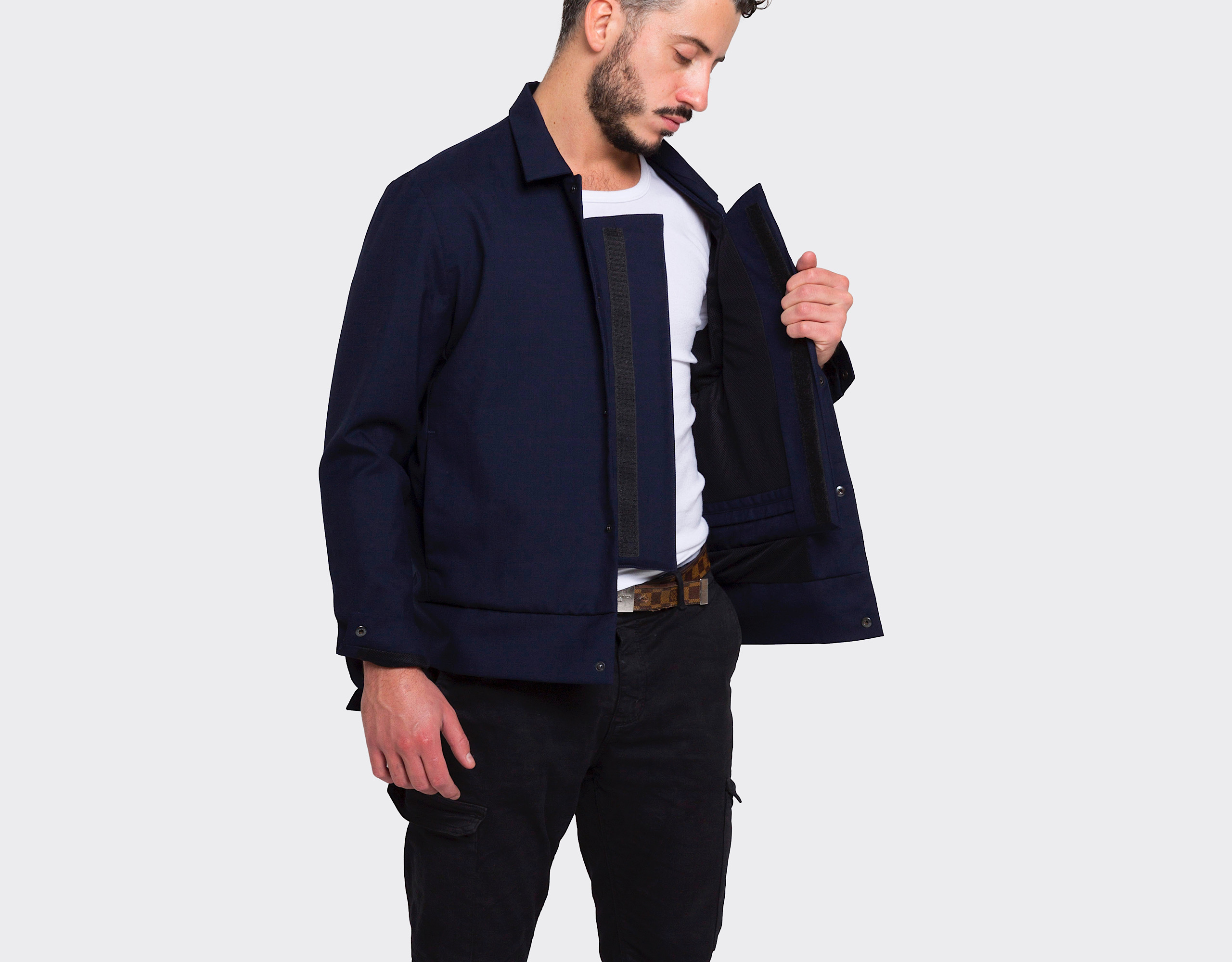Here, every article is written by those who believe that bulletproof and stab-proof vests can be reinvented: welcome to VEST PARIS , where elegance and innovation discreetly meet.
A lightweight, civilian body armor is essential for maintaining high mobility and optimal comfort. With a diverse range of body armor on the market, it's essential to understand the different factors to consider when making your choice.
Varieties of civilian and lightweight bulletproof vests
Bulletproof vests come in several types, ranging from covert wear to more robust models equipped with ballistic plates, sometimes even a ceramic plate for Level 4. Vest covers also offer customization in terms of style and functionality.
Level III vests, for example, are designed to withstand impacts from high-caliber bullets and are often used by security forces in high-risk situations.
The Aramid revolution and discreet port
Concealed wear is essential for civilians or agents on covert missions. A bulletproof vest designed for concealed wear can be worn under clothing, providing protection without attracting attention. This type of bulletproof vest is often lighter and less bulky, although it offers a more limited level of protection compared to more robust models.
What is this range of vests made of? With the advent of aramid, a plastic material derived from petroleum, first woven by Dupont de Nemours, who called this creation Kevlar, the weight of bulletproof vests was reduced by a factor of three. We will therefore examine this material, which has revolutionized the daily lives of those who wear bulletproof vests.

What isKevlar made of?
Kevlar is a synthetic fiber known for its strength and versatility in various applications, including the manufacture of bulletproof vests and ballistic protection. A member of the aramid family, Kevlar was invented by DuPont de Nemours and created by Stephanie Kwolek in the 1960s. This fiber is made up of long, oriented molecular chains, providing high tensile strength.
Aramid and Kevlar, a joint story
Aramid, a family of aromatic polymers, includes synthetic fibers such as Kevlar . These materials offer excellent resistance to impact, heat, and chemicals. They are primarily used in applications where high strength is required, such as in bulletproof vests and protective equipment.
Kevlar's composition includes special chemical bonds that give it its unique properties. Its linear molecular structure and intermolecular hydrogen bonds allow it to distribute the kinetic energy of a projectile by stretching and deforming the fibers instead of breaking them.
The virtues of Kevlar
This bullet and cut resistance is essential in bulletproof vests, where Kevlar is used to create layers of material resistant to ballistic penetration.
These vests are tested to rigorous standards such as Level IIIA, defined by the National Institute of Justice (NIJ), guaranteeing protection against bullets from certain handguns.
These vests can also be reinforced with ballistic plates to provide additional protection against more powerful ammunition.
Level of protection
Bulletproof vests are classified according to National Institute of Justice (NIJ) standards, which define different levels of protection. For example, a Level IIIA vest is tested to stop a .44 Magnum caliber bullet, while a Level IIIA+ vest is designed to stop a rifle bullet.
The vest manufacturer ensures that their products comply with NIJ standards, thus guaranteeing a certain level of safety.
Mobility and comfort
Despite their high protection, these vests are designed to allow maximum freedom of movement. They are often adjustable and customizable to adapt to different body shapes and operational situations.
Many elite vests feature MOLLE (Modular Lightweight Load-carrying Equipment) systems for attaching various equipment and accessories, such as ammunition pouches, medical kits, and tactical tools.
These vests are often made from advanced materials like Kevlar, Dyneema, or other aramid fibers to provide ballistic protection while remaining lightweight.
Some vests are also designed to provide stab and blast protection , which is crucial in certain operational environments.
The body armor of elite units is therefore highly specialized, combining advanced ballistic protection, customization capabilities, and comfort to meet the demands of the most difficult operations.
Discretion and portability
For many users, discretion is essential when choosing a lightweight body armor. Opt for a discreet body armor that can be hidden under clothing without compromising protection.
Some people want even more discretion and turn to jackets that are just as light as vests but more practical and, above all, more aesthetic. This is the case for users of the V007 jacket .

Renowned and guaranteed brands
When choosing a lightweight body armor or even a jacket like the V007 jacket , look for major brands and reputable manufacturers who stand behind the quality and reliability of their products. Look for brands that offer solid warranties and responsive customer service for added peace of mind.
Conclusion
In short, choosing a lightweight bulletproof vest requires careful consideration of protection level, design, comfort, and stealth. By considering these factors and relying on reputable brands, you can find a lightweight bulletproof vest that meets your safety needs while providing optimal comfort.
